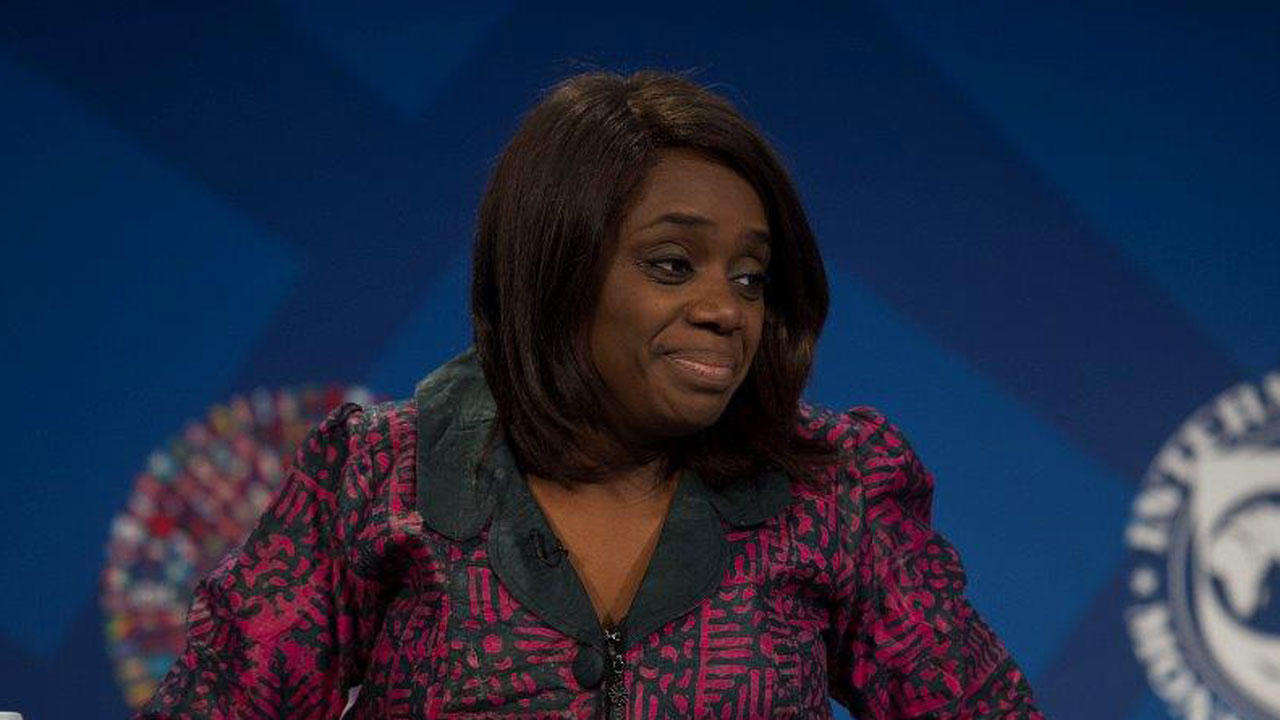
In a statement obtained by The Guardian yesterday, the Federal Ministry of Finance said the decision was sequel to a series of complaints and requests received from the trading public in respect of the palletisation policy contained in the 2017 revised import guidelines to further strengthen the ease of doing business drive.
The statement by the Director, Home Finance, Olubunmi Siyanbola, on behalf of the Minister for Finance, Kemi Adeosun, said: “All container cargoes coming into Nigeria should comply with international standards for packing/stuffing and loading into containers; and specific packing and stacking standards prescribed by the original manufacturer of the product.
“Dead-pile loading, or loading without pallets of containerised cargoes, is acceptable provided it conforms to the criteria outlined above.
“With the exception of used automobiles and heavy machinery, any loose packed new or used items without manufacturers’ loading and packing prescriptions should be packed in crates or cartons atop pallets accordingly.”
The reviewed guideline stated that all containerised cargoes should be loaded neatly in a manner that will promote safety in handling and facilitate speedy examination and clearance at the ports by the Nigerian Customs Service.
The minister warned that “failure to comply with the provisions designed for seamless implementation of the palletisation policy, the Nigerian Customs Service shall invoke sanctions as prescribed in the Addendum to the 2017 revised import guidelines issued by the Federal Ministry of Finance.”
Adeosun, however, added that the grace period given up to March 31, 2018 for exemption from palletisation policy of goods for which Form “M” had already been established prior to the effective date of January 1,2018 for full implementation of the policy, remained in force.
Reacting to the development yesterday, President, National Council of Managing Directors of Customs Licensed Customs Agents (NCMDLCA) and Managing Director, Eyis Resources, Lucky Amiwero, said the Federal Government should fix the cargo scanners and stop causing unnecessary anxiety in the industry.
According to him, the development has shown that there are incompetent people in public offices who do not know anything about ports. “Some of them have not even entered the ports before. Why are we like this? Nigerian ports are among the costliest in the world and yet we have seen nothing wrong in that. The government should fix the scanners and save the nation from these mess.”
The government had earlier announced the exemption of about 49 items from the controversial cargo palletisation policy, but stakeholders insisted that the policy would cause massive diversion of cargoes to neigbouring ports and increase the cost of shipping consignments.
A Lagos-based importer, Ugochukwu Benson, lauded the government for the review and urged it to swiftly intervene in the infrastructure deficiency at the seaports.
According to him, poor infrastructure such as bad roads and non-functional scanners, have continued to take its toll on importation and businesses in general.
He said there was nothing wrong in following the international packaging standards and manufacturers’ specification, but the government should also make the clearing process easy for importers.
[ad unit=2]



